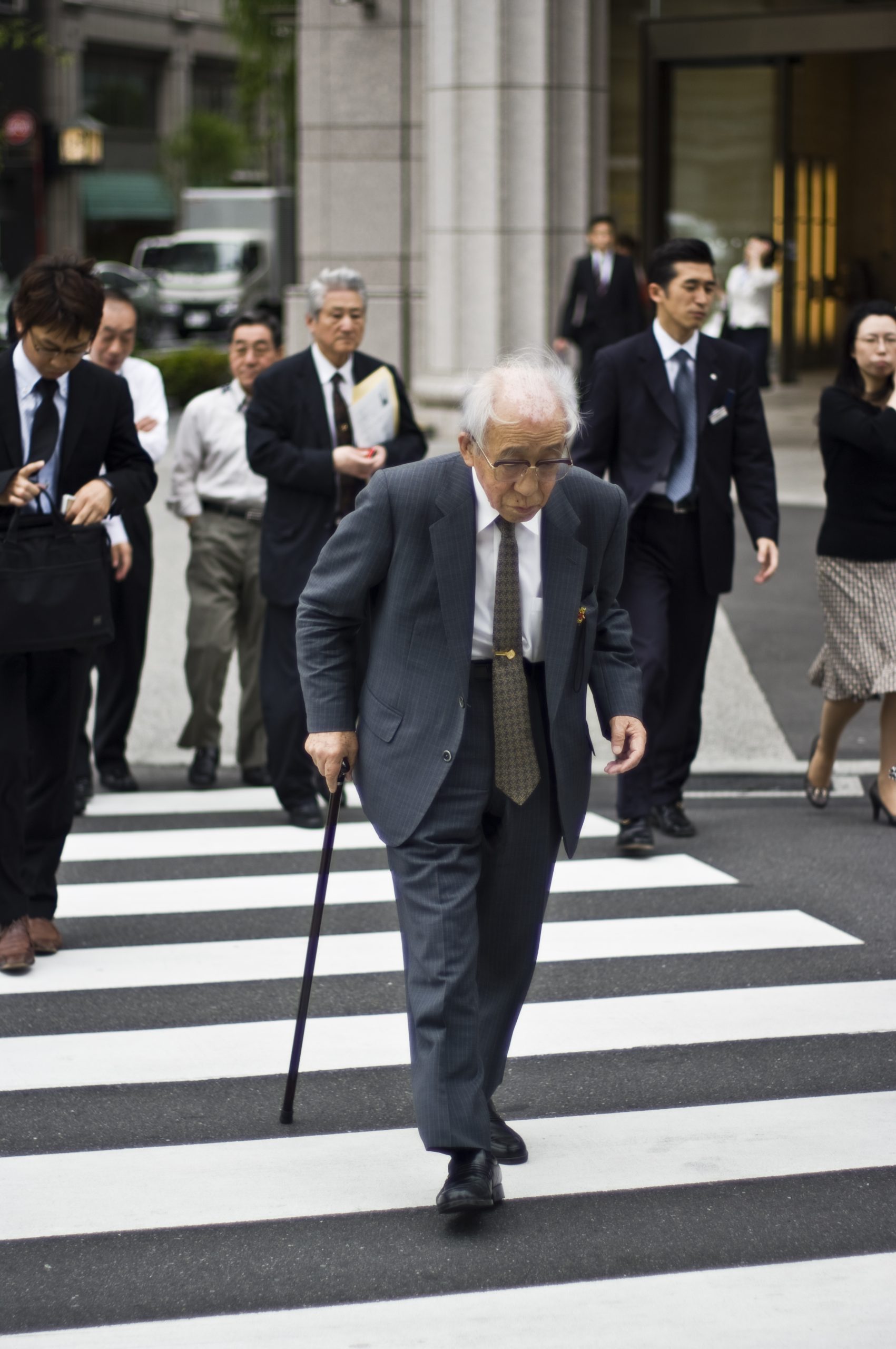Japan has long been famous for its lifetime employment system. Companies have traditionally stood for social protection of their employees’ wellbeing, offering a job for life and a pension that took care of the family after workers retired. In return, workers pledged a level of loyalty virtually unseen elsewhere in the world, and put work for the company’s benefit above their own personal career goals.
This lifetime employment mentality has been a factor in the design of the highly structured Japanese educational system. The most prestigious, stable Japanese firms tend to hire new graduates en masse from a select few top universities, which in turn accept applicants from select elite high schools. In such a system, one’s position in society can be determined early in life.
According to the Japanese Statistics Bureau, the average tenure for a full-time employee is 10 years. This is more than double the average tenure in the U.S., and almost double the average in leading European countries.
Under Japan’s lifetime employment culture, workers are rewarded not only for performance, but also for loyalty and tenure. Salary increases with seniority in the company, and promotions strongly factor in track record within that business. Therefore, it’s a difficult decision for management to promote a mid-career hire over a loyal employee who has contributed to the firm since having joined as a new graduate many years prior.

